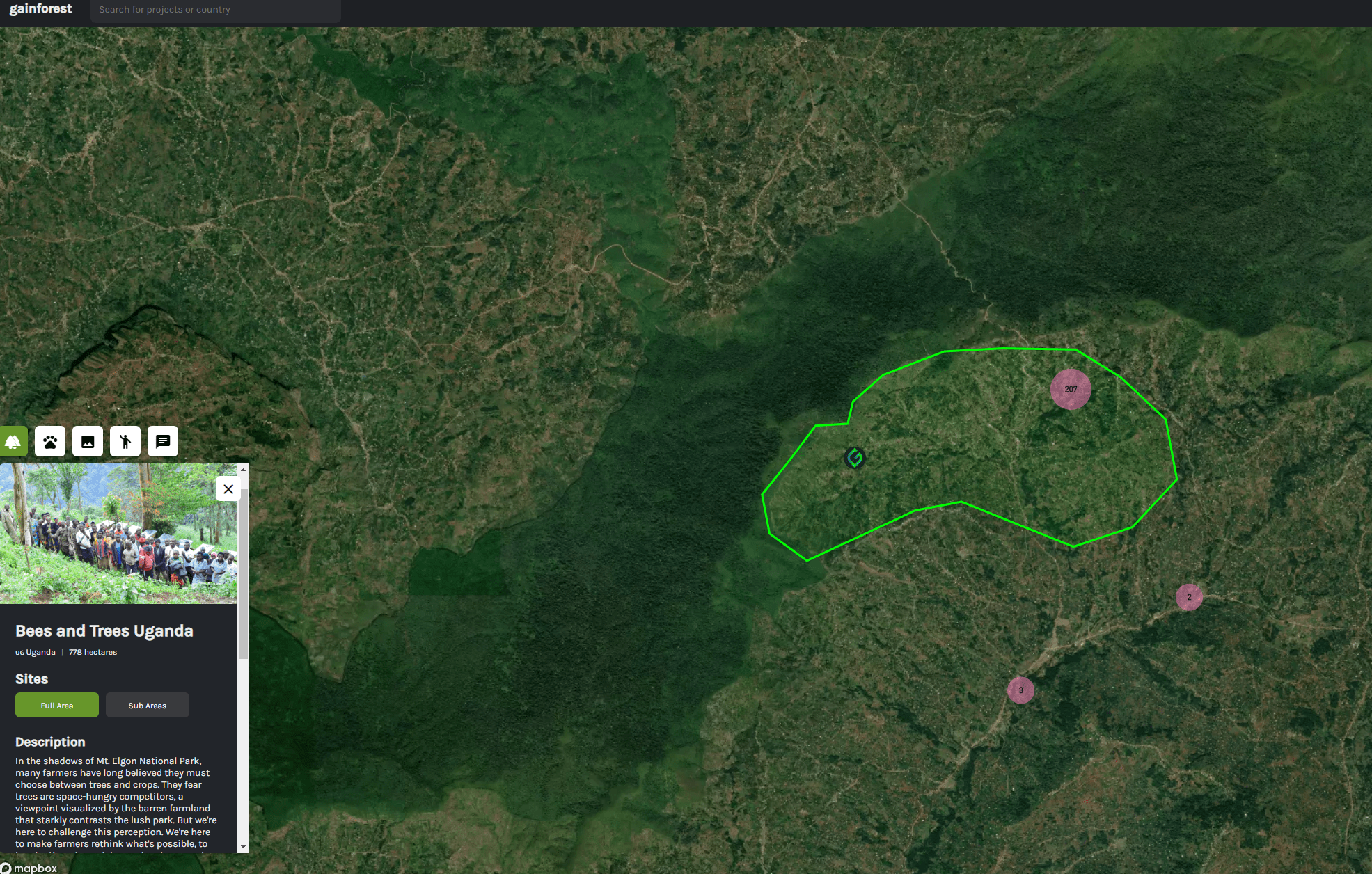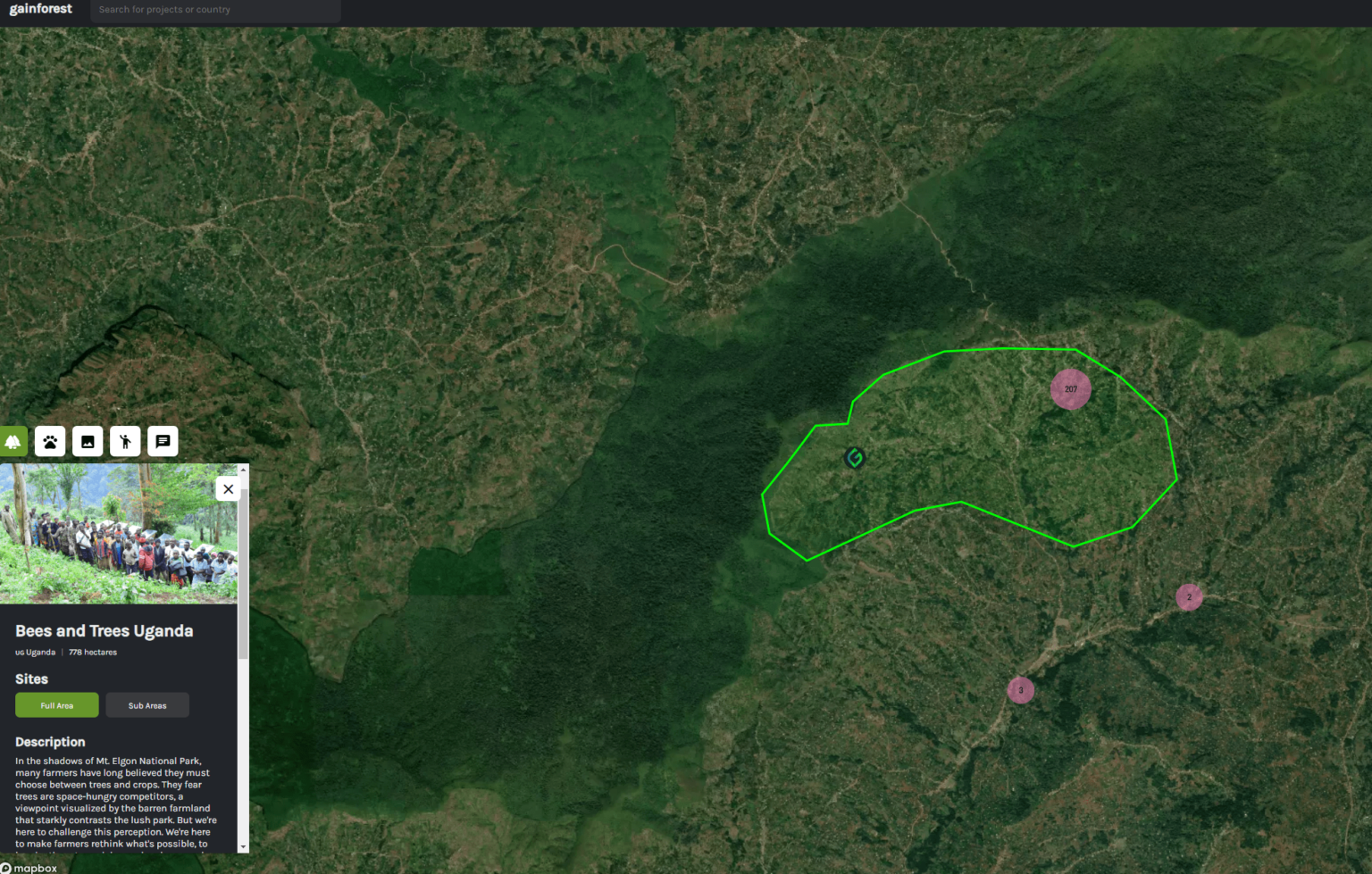Blockchain technology is having a tangible positive impact on environmental management through innovative projects that cancel carbon credits, generate revenues to support ecological initiatives, and encourage communities to monitor and protect natural resources.
Cointelegraph delved into the world of regenerative economies and finance at Solana Breakpoint in Amsterdam, facilitating a panel with three speakers deeply involved in projects using blockchain technology to work towards achieving Sustainable Development Goals (SDGs) on the whole world.
The Smith School of Enterprise and the Environment defines a regenerative economy as a move “away from extractive business models” that aims to enhance “the potential for positive contributions to nature and society.”
GainForest is a prominent example of a blockchain-based project that aims to promote the management of natural environments by local communities. As co-founder Simge Sandal explains, GainForest uses blockchain to autonomously direct financing to various projects in the Global South using ‘measure-to-earn’ technology with direct impact investment solutions that focus on measuring biodiversity data.
“Our core business is creating incentives that make environmental protection attractive to local communities and also financially beneficial to them,” Sandal explains.
Private stakeholders can commit money to indigenous communities and forest conservation projects through GainForest smart contracts. The platform’s smart contracts automatically unlock donations to communities responsible for sustaining ecosystems when monitored milestones are reached.

Satellite images supplemented with field data collected by community members in Uganda give investors and donors a transparent picture of ecological initiatives. Source: GainForest.
This monitoring is carried out by locals on site using devices such as smartphones and drones to provide images and other rich data of the environment.
An important feature that has made blockchain technology a key factor in GainForest’s services is transparency. Sandal believes this is the core of a regenerative economy, whether it is monitoring the side effects of external factors or the growth of the net effects:
“From start to finish, we can provide this transparency and have an economy where everyone can see what’s happening and make better decisions.”
There is also an element of trust involved in convincing users and community members to take advantage of the technology to both benefit the environment and monetize their efforts.
“Some communities, when we start working with them, literally sit there and look at this and say, ‘What do you want? Just go away.’ It takes some time to break the ice,” she adds.
Cointelegraph will explore the GainForest project extensively in an upcoming feature film, but the project stands out as an innovative initiative that leverages emerging technology and hardware.
James Bettauer, co-founder and CEO of ecoToken, outlines how their Solana-based platform allows users to withdraw environmental credits directly on Solana and receive impact certificates and fungible credits.
Bettauer explains that the existing carbon credit system is “top-down,” with a high barrier to entry to generate these types of credits.
“Blockchain enables a bottom-up approach where you can give the actual project developer the ability to create credits and add new revenue streams, because creating a credit class in the existing system costs more than $1 million,” Bettauer explains.
As a result, smaller projects and companies face significant barriers to accessing credit online. For ecoToken’s CEO, blockchain technology enables a “ton of new applications” and ways to develop consumer demand that doesn’t currently exist.

ecoToken co-founder and CEO James Bettauer, GainForest co-founder Simge Sandal, Sunrise Stake founder Daniel Kelleher and Cointelegraph journalist Gareth Jenkinson at Solana Breakpoint 2023.
Daniel Kelleher is the founder of Sunrise Stake, a decentralized finance protocol built on Solana that allows users to stake SOL to receive green SOL (gSOL). These proceeds can then be donated to climate impact programs to “passively offset carbon emissions.”
“We send part of our stake proceeds to different projects to ensure we have a spread of climate impact, from offsetting carbon through projects like Toucan and ecoToken,” Kelleher explains.
The founder of Sunrise Stake also believes that blockchain technology enables regenerative economies, which inherently have net positive impacts for communities, economies and the environment:
“Why is it a powerful tool for creating regenerative economies? Because we have the power of smart contracts. We have the power of programmable money. You can set the rules for an economy at the code level, at the protocol level.”
Magazine: Slumdog Billionaire: Incredible rags-to-riches story from Polygon’s Sandeep Nailwal

